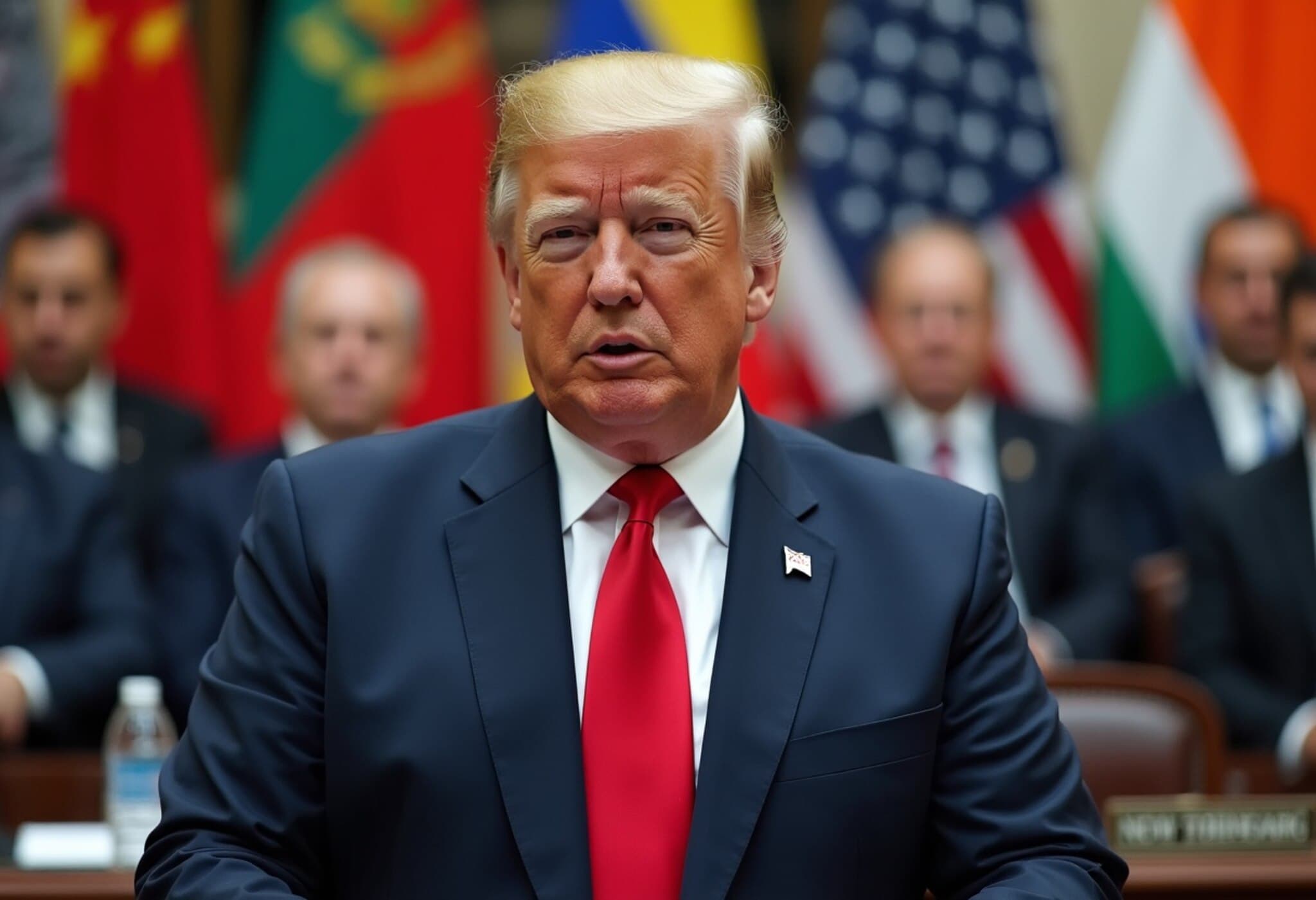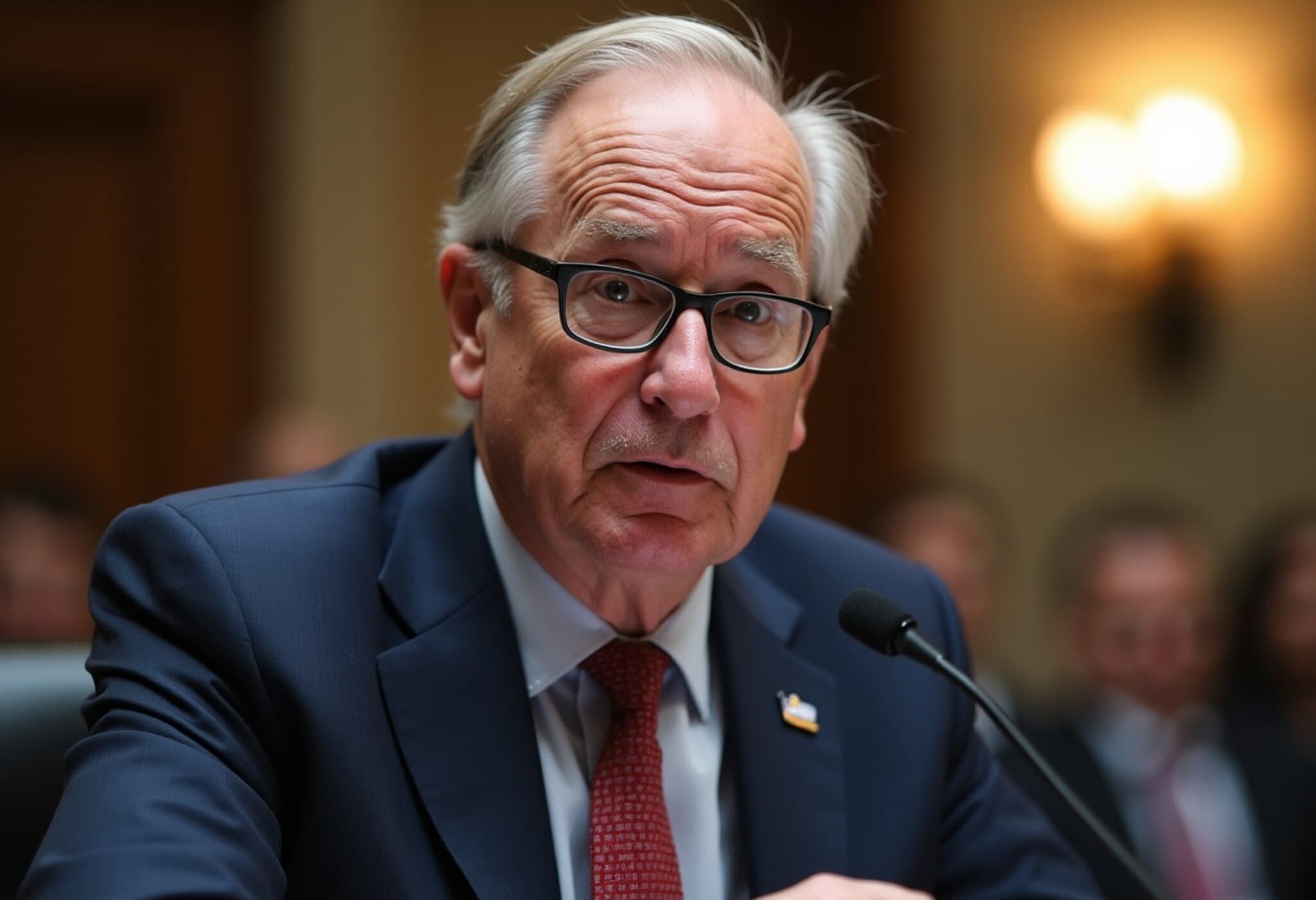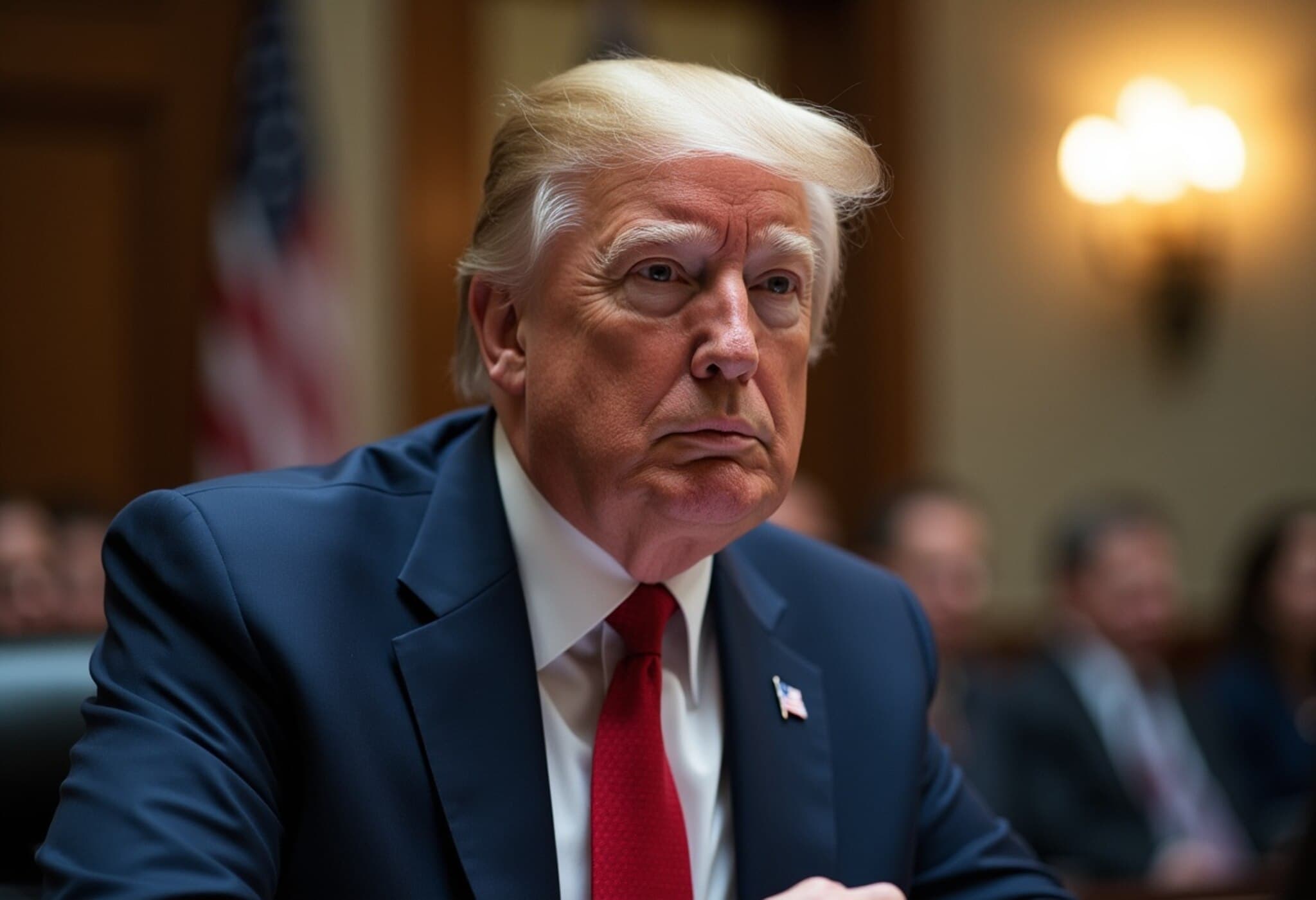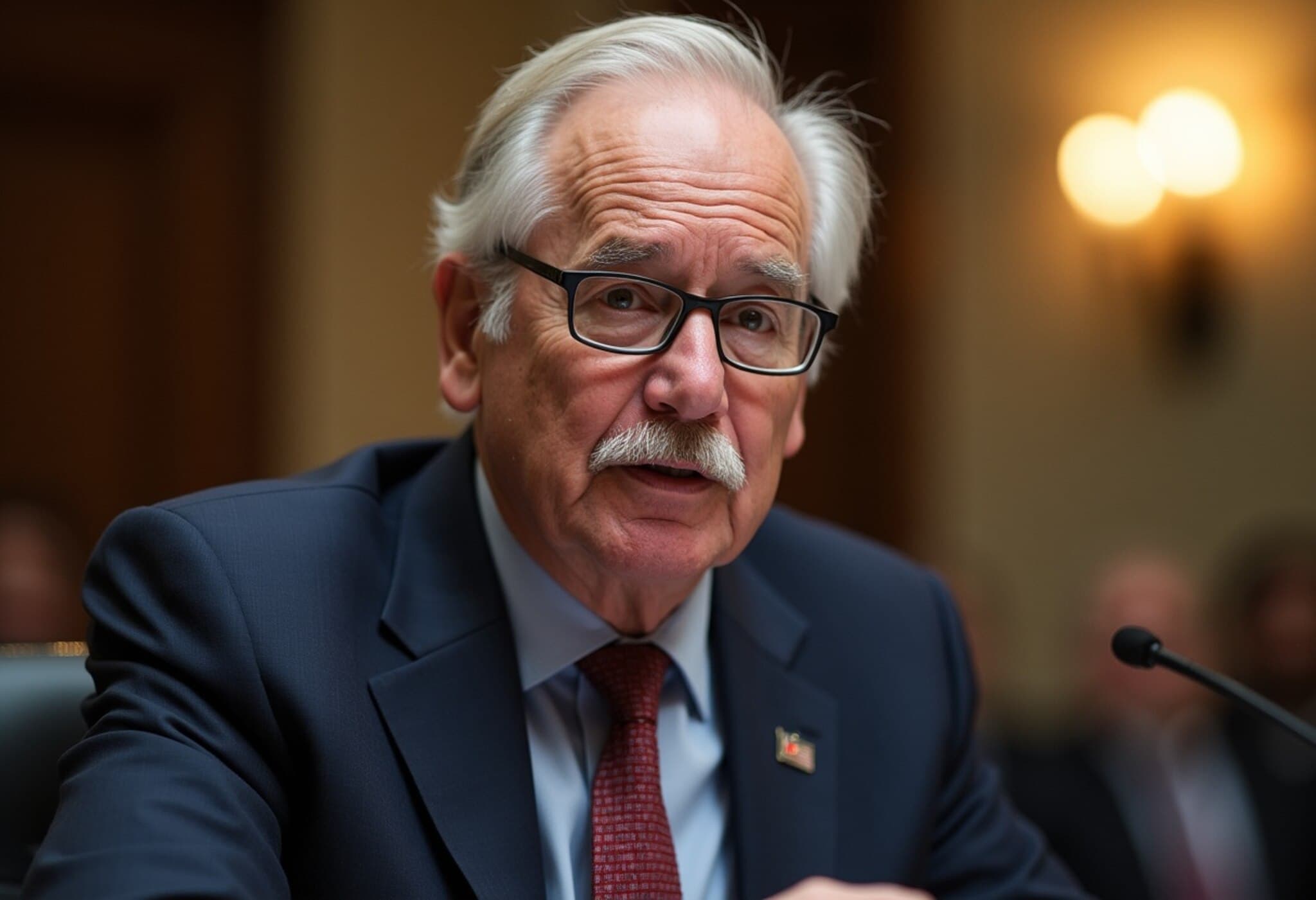University of Michigan Survey Reveals Improving Consumer Inflation Outlook
The latest University of Michigan Survey of Consumers brings encouraging news amidst ongoing economic uncertainty. Released on July 18, 2025, the survey indicates that American consumers' inflation expectations have significantly cooled, retreating to levels last seen before the surge in tariffs earlier this year.
Sentiment Inches Up Amid Mixed Economic Signals
Overall consumer sentiment rose by 1.8% from June to a score of 61.8, matching economists’ expectations and marking the highest sentiment since February 2025. Both perceptions of current economic conditions and future prospects showed steady monthly improvement, signaling a cautiously more optimistic public.
Inflation Expectations Retreat After Tariff-Driven Spike
Perhaps most strikingly, consumers’ inflation expectations dropped on both the near and long-term outlooks. The one-year inflation forecast fell sharply from 5% in June to 4.4% in July. This is a notable decline from the May peak of 6.6%, a level unseen since 1981, when inflation fears were remarkably high. Similarly, the five-year inflation outlook decreased by 0.4 percentage points to 3.6%.
Despite these declines, the University of Michigan Survey Director Joanne Hsu cautions that expectations remain above the late 2024 baseline levels: “Both readings are the lowest since February 2025 but remain elevated compared to December 2024, signaling that consumers still perceive meaningful risks of inflation creeping back over time.”
Context: Tariffs and Inflation Concerns
The evolution of inflation expectations closely tracks geopolitical and trade policy developments. Earlier this year, President Donald Trump’s sweeping 10% tariffs and reciprocal duties sparked widespread anxiety about rising consumer prices. Although some of these measures have softened or been suspended amid trade negotiations, new tariffs on specific commodities like copper continue to fuel inflation fears.
Consumer worries peaked highest during the May surge, with inflation expectations reaching levels reminiscent of the early 1980s. But the recent downward trend suggests a stabilizing outlook, possibly reflecting easing supply chain pressures and optimism about policy interventions.
Long-Term Trends and Economic Implications
- The headline consumer sentiment index remains 6.9% lower than a year ago and 16% below December 2024 levels, underscoring persistent economic headwinds.
- Future inflation expectations have dropped by nearly 15% compared to July 2024, indicating improved confidence regarding price stability.
- Current economic condition perceptions are 6.5% higher than a year prior, showing resilience in immediate consumer experiences despite volatility ahead.
This nuanced picture paints a cautiously optimistic view: while inflation anxiety has eased, lingering uncertainties about future price pressures remain a key concern for households and policymakers alike.
Expert Insights: What This Means for Policymakers and Consumers
From a policy perspective, declining inflation expectations could ease pressure on the Federal Reserve to pursue aggressive interest rate hikes, potentially fostering a more accommodative monetary environment. However, continued tariff actions and geopolitical risks might reignite price worries if supply disruptions persist.
For consumers, this shift suggests a subtle relief in everyday cost concerns, but vigilance remains essential. Rising prices on essentials or energy—exacerbated by tariffs—could still erode purchasing power, especially for vulnerable populations.
Economists and analysts should monitor whether these softened expectations translate into actual inflation outcomes and consumer spending patterns in the coming months.
Editor's Note
The University of Michigan’s survey offers a valuable pulse check on the American consumer’s mindset amid complex economic dynamics. While the retreat in inflation expectations is encouraging, it raises critical questions: Will easing tariffs and supply chain normalization sustain this trend? Or will geopolitical tensions and targeted tariffs reignite inflation concerns? Understanding these nuances is vital for shaping responsive economic policies and fostering consumer confidence in a volatile global environment.



















